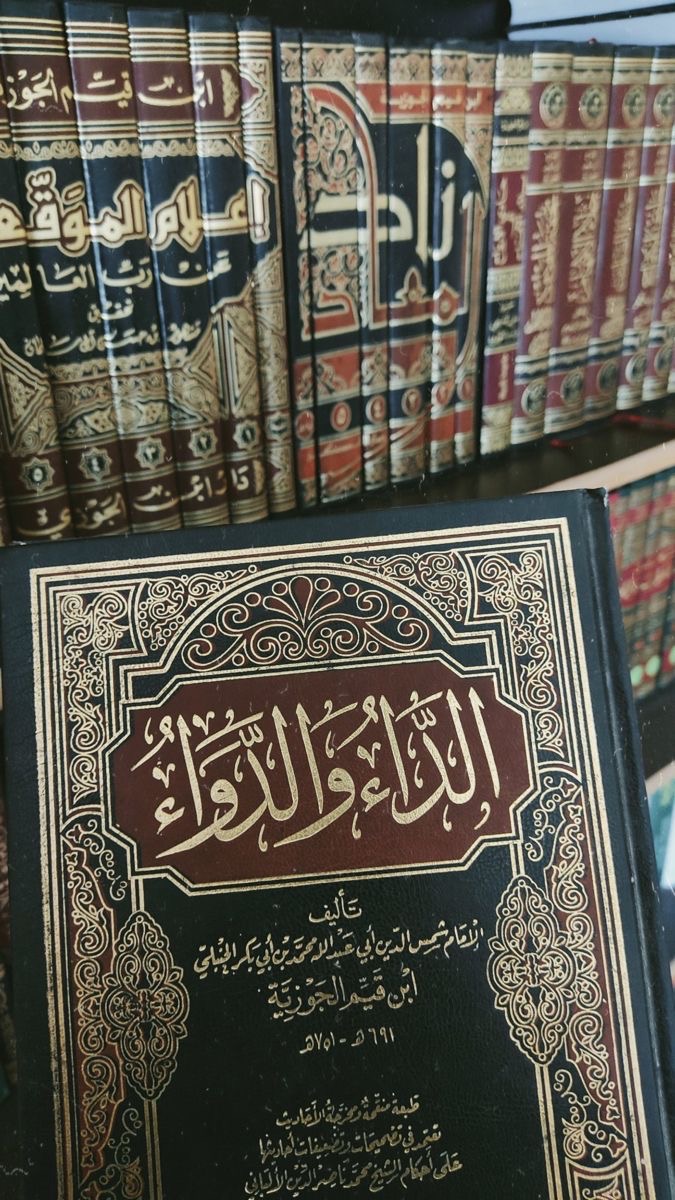Assalamualaikum! Jumuah Mubarak.
This topic is one that I’ve thought about a lot, and I always wondered what the exact ruling on things like this are. I mean, I grew up with the basic knowledge that hair extensions are completely not allowed for me to wear as a Muslim. I’ve never even questioned why, I guess it’s just how I’ve grown up, and of course, the people around me influenced my views as well. It never really even occurred to me that oh! Why can’t I wear attachments like that woman on TV? I’ve never even had an interest in it.
Then a few years ago, I came across a video that highlighted that it is indeed haram, further cementing my opinion on the topic. The female scholar in the video, (I cannot remember her name), was very strict upon the fact that Muslim women are not in any way, allowed to wear false hairs, nails, or any other physical attachments on their bodies. She highlighted a few Hadiths, and I remember thinking of how scary it all was. This is from the hadith of the Prophet PBUH in Bukhari that says and (i am not quoting verbatim) Allah has cursed the Al – wasilah (The hairdresser that adds the hair) and mutawasilah (The lady who asks for it). You can imagine the gravity of such a sin, if Allah curses those who engage in it!
Sayyida A’isha (Allah be pleased with her) narrates that an Ansari girl was married and became sick hence all her hair fell out. They (her family and friends) intended to join her hair with false hair, so they asked the Messenger of Allah (Allah bless him & give him peace) who said: “Allah has cursed the woman who joins hers or someone else’s hair (with the hair of another man or woman) and the woman who asks for her hair to be joined with the hair of another.” (Sahih al-Bukhari, no 5590)
Now, the scholars all have varying opinions on this topic, because some have said that only the use of human hair is being condemned, but others also say that any sort of attachment is completely prohibited. I’d suggest you do your in-depth research, and of course ask a lot of questions, but most importantly, understand the teachings of the Prophet, and the words of Allah.
And it is better to leave an act of the ruling on it has caused debate amongst scholars. Allah knows best.
The use of artificial nails is a branch of manicure (cosmetic beauty treatment of nails) and has no other benefit. These nails are widely used by non-Muslim women, and it is very much in vogue in this day and age. Muslims have even invented these “Wudhu Friendly Nails”.
It has been narrated on the authority of Ibn ‘Umar (Radhiyallahu Anhu) that Nabi (Sallallahu Alaihi Wasallam) said, “Whosoever imitates a tribe or nation, will be regarded from amongst that tribe or nation. (Abu Dawood)
In Islam, maintaining the integrity of one’s faith and practices is essential. And, the hadith quoted emphasizes the importance of not imitating those who do not follow Islamic teachings, as it can lead to being counted among them.
Moreover, the practical aspect of wudhu (ablution) is crucial for the validity of Salah (prayer). Since artificial nails and certain nail polishes create a barrier that prevents water from reaching the nails, they can invalidate wudhu and, consequently, Salah. This is why many scholars advise against their use, especially when it interferes with religious obligations. Now, some argue that you can wear it when you do not have to pray, but then again, it is better to be safe, than sorry.
1. Abu Hurairah (may Allah be pleased with him) reported that the Prophet Muhammad (peace be upon him) said, “Whoever imitates a people is one of them.” (Sunan Abu Dawood)
2. Abdullah ibn Amr (may Allah be pleased with him) narrated that the Prophet Muhammad (peace be upon him) said, “Whoever imitates a people is from them.” (Sunan Ibn Majah)
3. Jabir ibn Abdullah (may Allah be pleased with him) reported that the Prophet Muhammad (peace be upon him) said, “Be different from the polytheists, trim closely the moustache and grow the beard.” (Sahih Muslim)
These hadiths highlight the importance of maintaining our distinct identity as Muslims and not imitating the practices or customs of non-Muslims. It reminds us to uphold our faith and values, and to be proud of our Islamic identity.
In Islamic tradition, there are hadiths that address the use of false hair. One such hadith from Sahih Bukhari states that the Prophet Muhammad (peace be upon him) cursed the women who attach hair extensions and the women who have them attached. This is understood by scholars to discourage the practice of deception or altering one’s appearance in a way that is considered false or dishonest.
It’s important to note that Islamic rulings can be complex and may vary according to different scholars and contexts. It’s always best to consult with a knowledgeable and trusted religious advisor or scholar for personal guidance on such matters. If you’re looking for more detailed information, I’d recommend reaching out to someone who can provide you with a deeper understanding based on your specific circumstances.
Allah knows best.
Paysabil.

